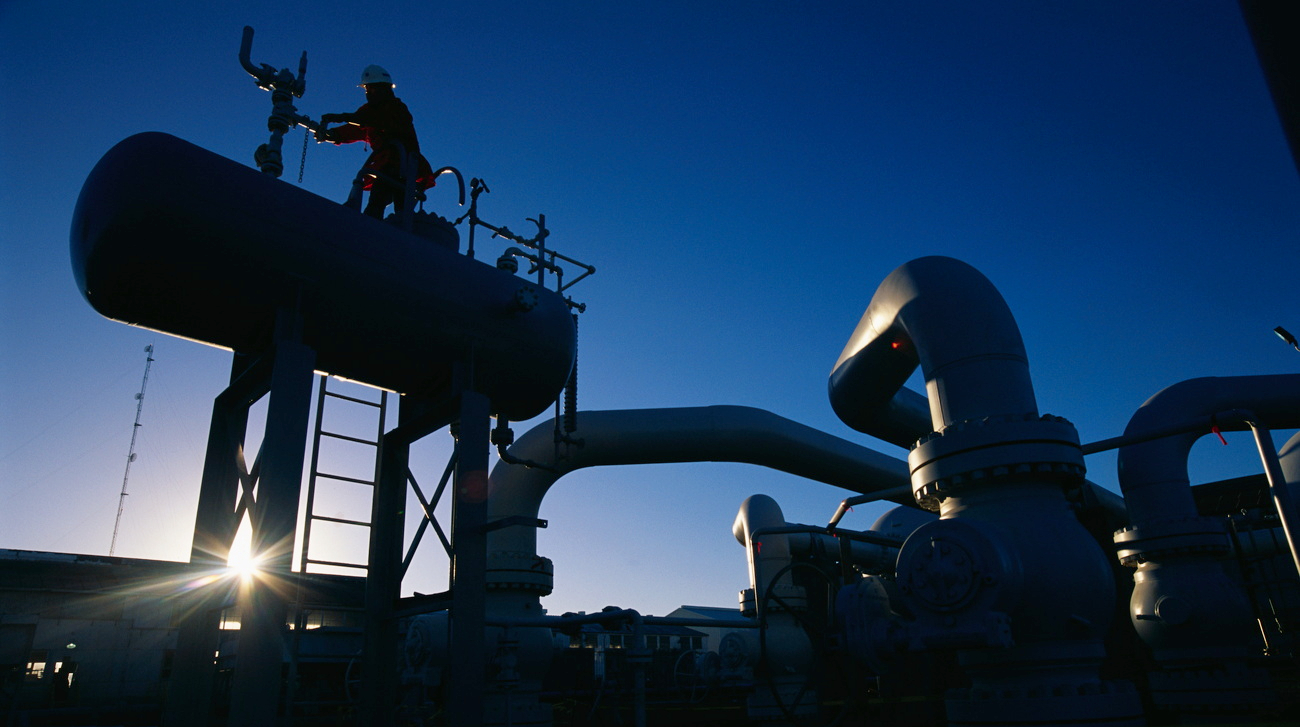“ Ambassadors of the European Union on Wednesday agreed to submit to the Ministers an EU Ministers for the cessation of imports of Russian oil and gas by 2028. Source: Reuters with reference to unnamed diplomats, writes “European Truth” details: this step means overcoming the first political obstacle on the path of passing the law, for which the governments of the Member States will vote later this month. The EU is negotiating on legislative proposals that provide for a gradual rejection of Russian oil and gas by January 2028, trying to deprive the Kremlin of income that finance the war against Ukraine. During a closed meeting on Wednesday, the EU Ambassadors agreed to submit the proposed bill to the Ministers for approval at the meeting on October 20, three diplomats reported to the agency. According to them, almost all EU countries have expressed support for the plan, which indicates its high probability of adoption – despite criticism from Hungary and Slovakia. Negotiations on technical details on the eve of the voting are still october 20. One of the issues that is not yet resolved is whether it is necessary for the supply of liquefied natural gas to Europe to receive preliminary permission before shipment and to check the origin of the customs authorities during arrival at the EU ports to guarantee that gas is not Russian origin. According to the plan, the import of Russian gas under new contracts should cease from January 2026, under short -term current contracts – from June 2026, and for long -term – from January 2028. Currently, countries such as Hungary, France and Belgium are still importing Russian gas, which is about 12% of total gas imports to the EU. The law will oblige Hungary and Slovakia to develop national plans to stop these deliveries by 2028. To approve the plan requires a qualified majority of EU Member States. After that, the EU countries and the European Parliament will begin negotiations on the final text of the law. Separately, the EU also negotiates a new package of sanctions against Russia, which envisages a ban on the import of liquefied natural gas a year earlier – from January 2027. Also, within the framework of a new package of EU sanctions, he proposes to be introduced to the “black list” more than 100 vessels “of the shadow fleet” of the Russian Federation.”, – WRITE: www.pravda.com.ua
Source: Reuters with reference to unnamed diplomats, writes “European Truth”
Details: This step means overcoming the first political obstacle to the adoption of a law for which the governments of the Member States will vote later this month.
Advertising:
The EU is negotiating on legislative proposals that provide for a gradual rejection of Russian oil and gas by January 2028, trying to deprive the Kremlin of income that finance the war against Ukraine.
During a closed meeting on Wednesday, the EU Ambassadors agreed to submit the proposed bill to the Ministers for approval at the meeting on October 20, three diplomats reported to the agency.
According to them, almost all EU countries have expressed support for the plan, which indicates its high probability of adoption – despite criticism from Hungary and Slovakia. Negotiations on technical details on the eve of the voting are still october 20.
One of the issues that is not yet resolved is whether it is necessary for the supply of liquefied natural gas to Europe to receive preliminary permission before shipment and to check the origin of the customs authorities during arrival at the EU ports to guarantee that gas is not Russian origin.
According to the plan, the import of Russian gas under new contracts should cease from January 2026, under short -term current contracts – from June 2026, and for long -term – from January 2028.
Currently, countries such as Hungary, France and Belgium are still importing Russian gas, which is about 12% of total gas imports to the EU. The law will oblige Hungary and Slovakia to develop national plans to stop these deliveries by 2028.
To approve the plan requires a qualified majority of EU Member States. After that, the EU countries and the European Parliament will begin negotiations on the final text of the law.
Separately, the EU also negotiates a new package of sanctions against Russia, which envisages a ban on import liquefied natural gas a year earlier – from January 2027.
Also, as part of the new EU sanctions package, proposes to be introduced to the “black list” yet More than 100 vessels of the “shadow fleet” of the Russian Federation.
